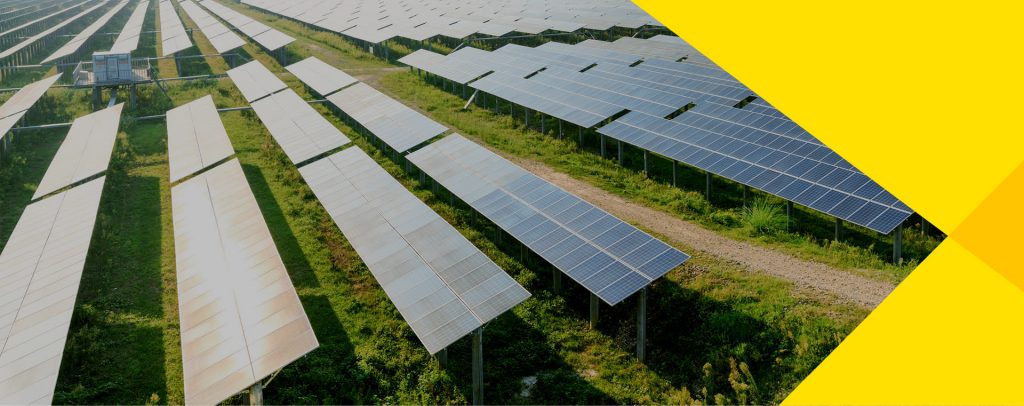
Third-party investment to deploy solar energy in industry
September 13, 2019
Aware of society's environmental demands, industry is gradually redirecting its energy supplies towards renewable sources, such as solar power. However, the industry still faces economic, administrative and organizational barriers to the widespread use of solar energy, which third-party investment can help to overcome.
What is third-party investment?
This is an integrated business model that encompasses project design, financing of equipment and works, construction and operational management of the facility by the third-party investor on behalf of the customer.
In the case of a photovoltaic solar power plant or a solar thermal power plantthe third-party investor provides management and financing:
- feasibility studies and engineering,
- administrative procedures and authorizations,
- obtaining any assistance,
- construction,
- site integration and/or grid connection,
- operation and maintenance,
- performance optimization.
In this way, manufacturers benefit from a complete solar energy production and supply service, for which they pay their third-party investor partner.
Delegate energy production to a trusted third party
There are many reasons why industrial decision-makers might turn to third-party investment.
Sobriety and energy autonomy
In addition to the local, low-carbon nature of solar energy, the choice of renewable energies via third-party investment helps secure long-term energy supplies for industrial sites.
The third-party investment model gives industrial players back some of their independence from traditional energy suppliers. At the same time, it provides lasting protection against environmental taxes and volatile energy market prices (fossil fuels and grid electricity).
Immediate savings without investment
A major advantage of third-party investment is that it enables the industry to preserve its investment capacity and allocate it to productive jobs.
By resorting to third-party investment, the industrialist eliminates the question of return on investment, a source of reluctance for industrial decision-makers when it exceeds 3 to 5 years. They gain access to solar technologies by transferring the technical and financial risks to a third party.
In return for its commitment to consume the solar power plant's output, the industrial customer also benefits from a financial gain as soon as the plant is commissioned, by reducing its energy bill.
At the same time, it ensures the plant's performance, since the third-party investor has a vested interest in optimizing the plant's output, to maximize his income and cover his customer's needs.
For their part, third-party investors must demonstrate their financial solidity and equity investment capacity, in order to carry out capital-intensive investments over the long term.
Combining technical and regulatory expertise
Manufacturers have one imperative: to focus on their core business: manufacturing. The greening of their energy supply is therefore sometimes perceived as a secondary issue, especially when this supply is already secure.
In this situation, third-party investment allows us to delegate the construction and operation of the energy infrastructure to a single, specialized and experienced third party.
The third-party investor provides the manufacturer with technological expertise. Whether it's selecting equipment or putting suppliers and service providers in competition with one another, the third-party investor guarantees the quality of the solar installation and the competitiveness of the energy produced.
It also contributes its technical expertise to the design, construction, operation and continuous improvement of the installation, in order to maximize solar production for the benefit of the industrial site.
This model also relieves the industrialist of the administrative management of the project. He no longer has to deal with obtaining environmental permits, planning documents, financial aid (Fonds Chaleur applications or CRE calls for tender), and so on.
Large-scale deployment of solar energy
Visit solar technologies (thermal and photovoltaic) have a key role to play for the energy transition of industrial players cannot be hindered by the barriers mentioned above.
Third-party investment enables manufacturers to bring together in a single contractual relationship all the expertise required for the successful development of a solar project. It is therefore one of the most promising tools for overcoming the many barriers that prevent industrialists from gaining access to renewable energies.
Sunti offers a wide range of products for industry and local authorities, an investment-free solution for the supply of solar heat and self-consumption photovoltaic electricitygenerate significant and immediate savings on their electricity bills